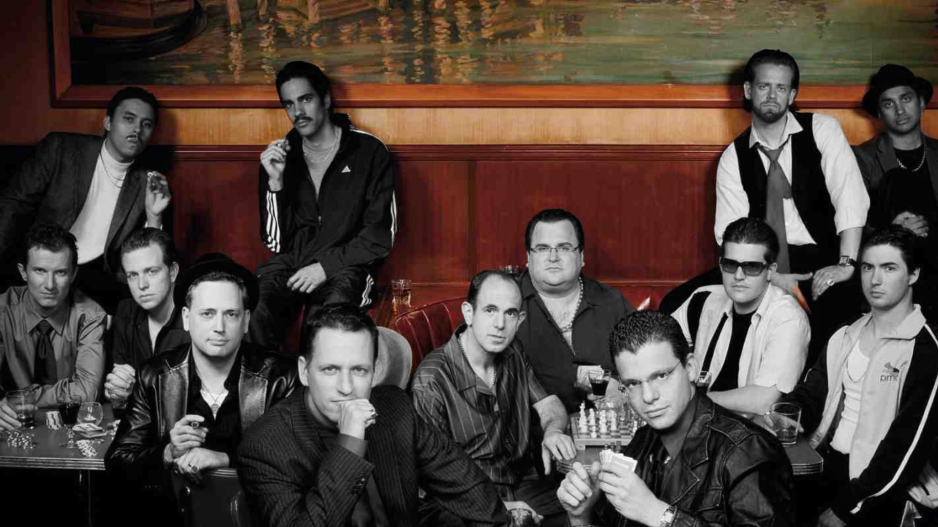Breaking the 20%: The PayPal Mafia's Impact on Silicon Valley
A Look at Power and Prejudice
The "PayPal Mafia," a term popularized by a 2007 Fortune Magazine cover story, refers to a group of former PayPal employees who have significantly influenced Silicon Valley through their entrepreneurial and investment ventures. This article delves into the achievements and broader cultural impacts of these individuals, who were depicted in mob-style attire to symbolize their formidable power in the tech world.
Key figures in this group include Jawed Karim, co-founder of YouTube and an early investor in platforms such as Airbnb, Palantir, and Reddit; Jeremy Stoppelman, the CEO of Yelp who has invested in prominent startups like Airbnb and Slack; Reid Hoffman, founder of LinkedIn; and Peter Thiel, who has been pivotal in establishing companies like Clarium Capital, Founders Fund, and Palantir. Thiel also made headlines as the first outside investor in Facebook. Each of these men has left an indelible mark on the tech industry, driving innovation and influencing the trajectories of some of today’s most significant tech companies.
Despite their impressive contributions to technology and entrepreneurship, the influence of these Silicon Valley titans has not been without controversy. One aspect that emerges is their perpetuation of a tech culture where gender disparities and cultural biases are prevalent. Women, in particular, have struggled to find equal representation and opportunity in this environment, which has historically been dominated by men.
The revealing episode of "Breaking the 20% also critically examines the ideological and cultural stances of individuals like Peter Thiel. Born in Frankfurt and raised in a conservative household, Thiel’s political and social views were shaped early on. His involvement in founding the Stanford Review, a publication known for its conservative and often provocative content, and his views as expressed in "The Diversity Myth" highlight his complex and contentious role in Silicon Valley's culture.
The discussion underscores the dual nature of the PayPal Mafia’s legacy: while they have driven technological and economic growth, they have also contributed to sustaining certain cultural biases within Silicon Valley. These biases, especially against women in tech, reflect a broader issue of inclusivity and diversity in the industry.
The lasting impact of the PayPal Mafia on Silicon Valley raises significant questions about the power dynamics in tech. It challenges us to reflect on who gets to shape the future of technology and the societal costs of their influence. As Silicon Valley continues to evolve, the story of the PayPal Mafia serves as a compelling chapter in its ongoing narrative, reminding us of the complex interplay between innovation, power, and culture.






